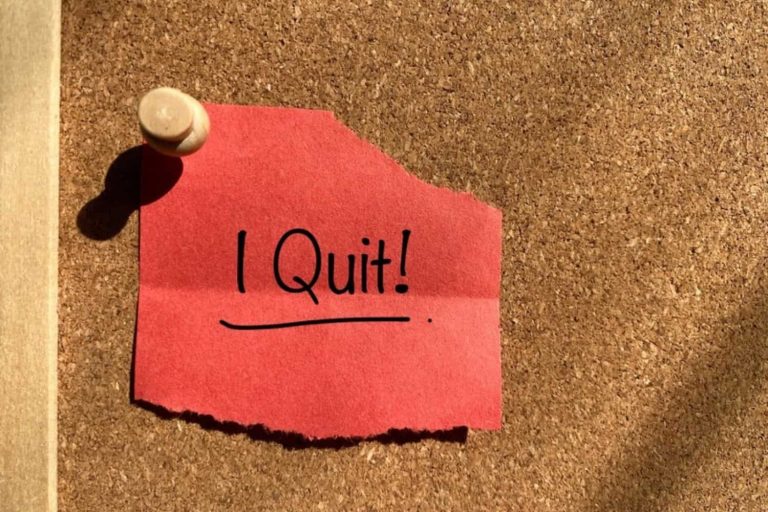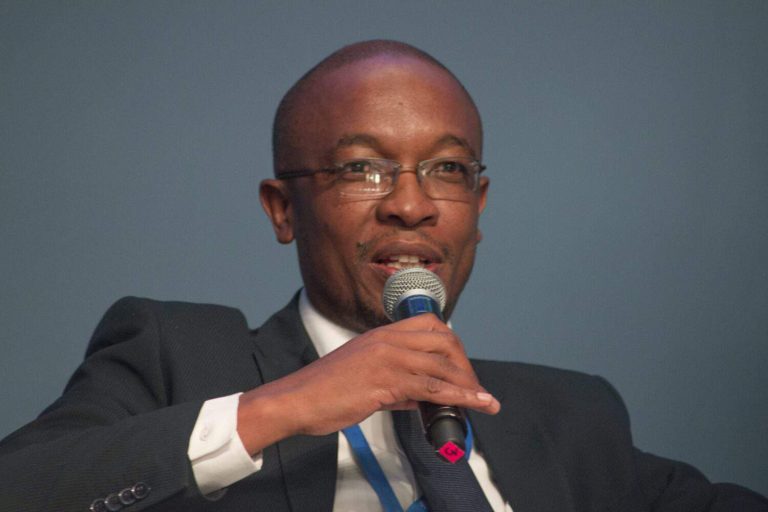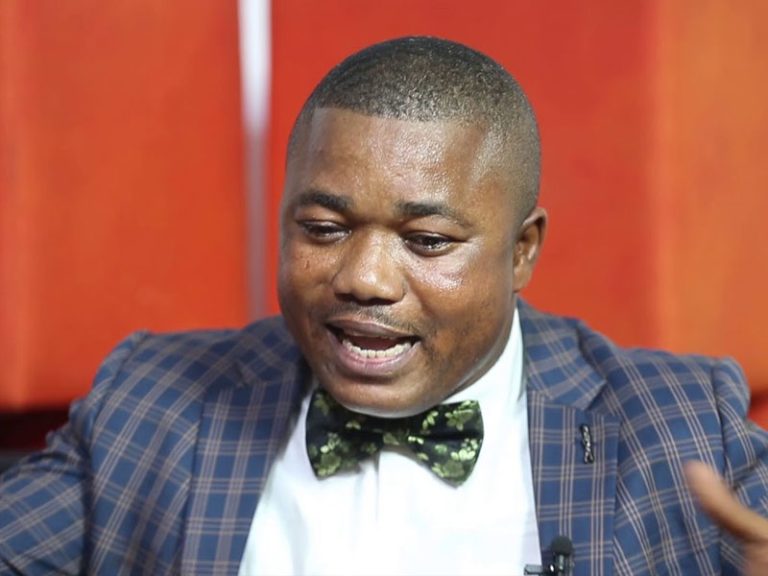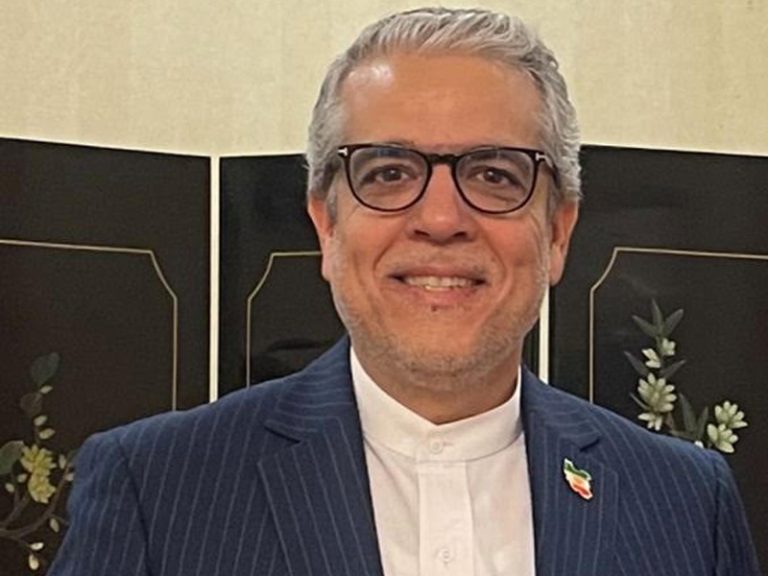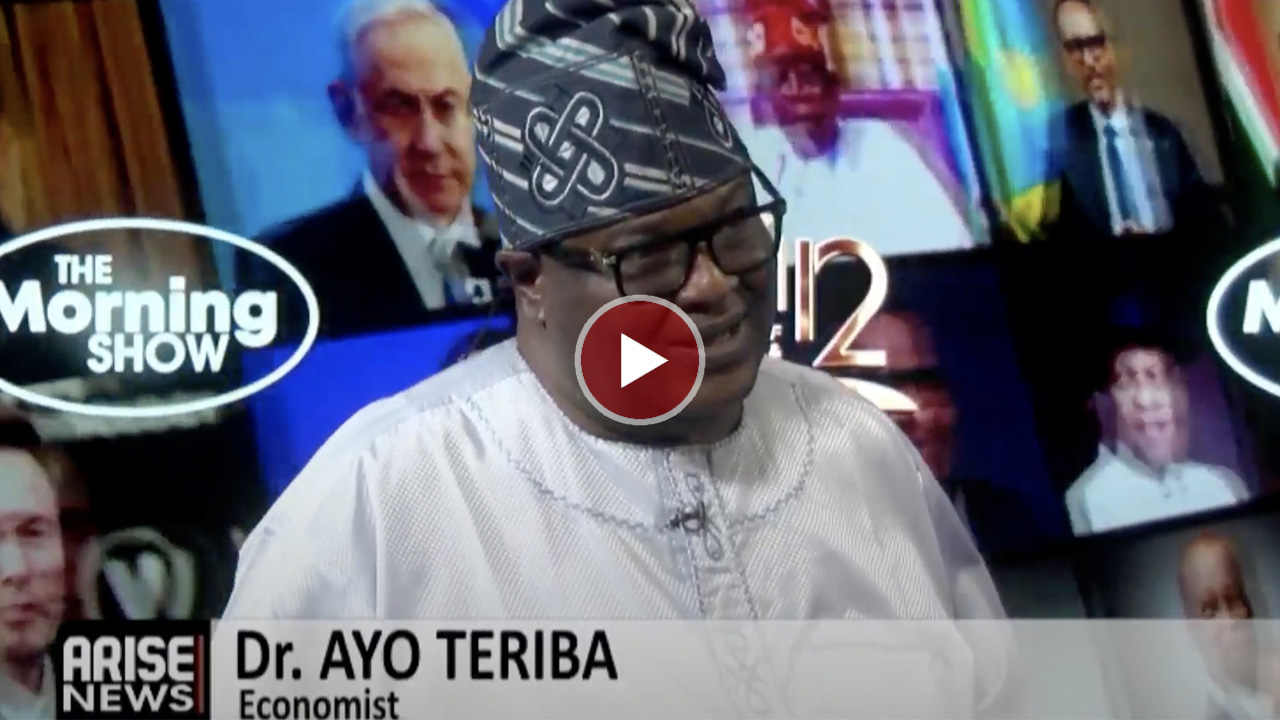

Nigeria’s economy is showing early signs of recovery, with GDP growth accelerating for the first time in four years, according to Economist Dr Ayo Teriba. He cautioned, however, that while the numbers are encouraging, the real test lies in whether this growth translates into improved living conditions for ordinary Nigerians.
Speaking in an interview with ARISE NEWS on Tuesday, on the recent second-quarter results, Teriba noted that the nation’s gross domestic product expanded by 4.23%, up from 3.5% in the same period last year.
“There’s none of the comparisons that she reported that doesn’t show growth acceleration. After four years, it was 2021, the last time we had 4% GDP growth in Nigeria. 5%, base effect of COVID.”
He pointed to broader indicators supporting the trend, including a 27-month low in inflation, greater exchange rate stability, and an uptick in foreign reserves. “The economy has moved out of the risky phase, dominated by instability and stagnation, to the recovery phase, now characterised by decelerating inflation and accelerating growth rates. If that’s not worth rejoicing, what is?”
Teriba acknowledged this gap, stressing that GDP growth is a lagging indicator that does not immediately reflect in everyday life. “You are measuring Q2 growth three months late. But if you look at leading indicators company performances, state investments, expansion in transport and infrastructure these all point to employment generation and better well-being.”
He countered by emphasising corporate recovery as a stronger barometer. “The fact that companies quoted on the stock exchange including MTN, Airtel, and pharmaceuticals are rebounding after years of negative reports is good news for everyone,” he said. “It tells you the fundamentals are improving, even if the reality takes time to reach households.”
“The amber and green lights are beginning to show, and we need to recognise that we have moved out of the high-risk scenario.”
We are not saying this is El Dorado,” he cautioned. “Some states are still unable to pay salaries. The federal government has arrears to doctors, lecturers, and contractors. Infrastructural decay is real. But compared with where the economy was in 2021, we are coming out of the woods.”
While scepticism persists, Teriba urged patience, noting that improvements take time to filter through. “We must recognise that risk levels have fallen. Companies are investing, states are hiring, and inflation is cooling. Nigerians will begin to feel the difference in another quarter or two.”
“The key question is whether Nigeria can keep accelerating growth while keeping inflation down and reserves strong. If we can, then this recovery will not only endure, but it will lift living standards.”
Erizia Rubyjeana
